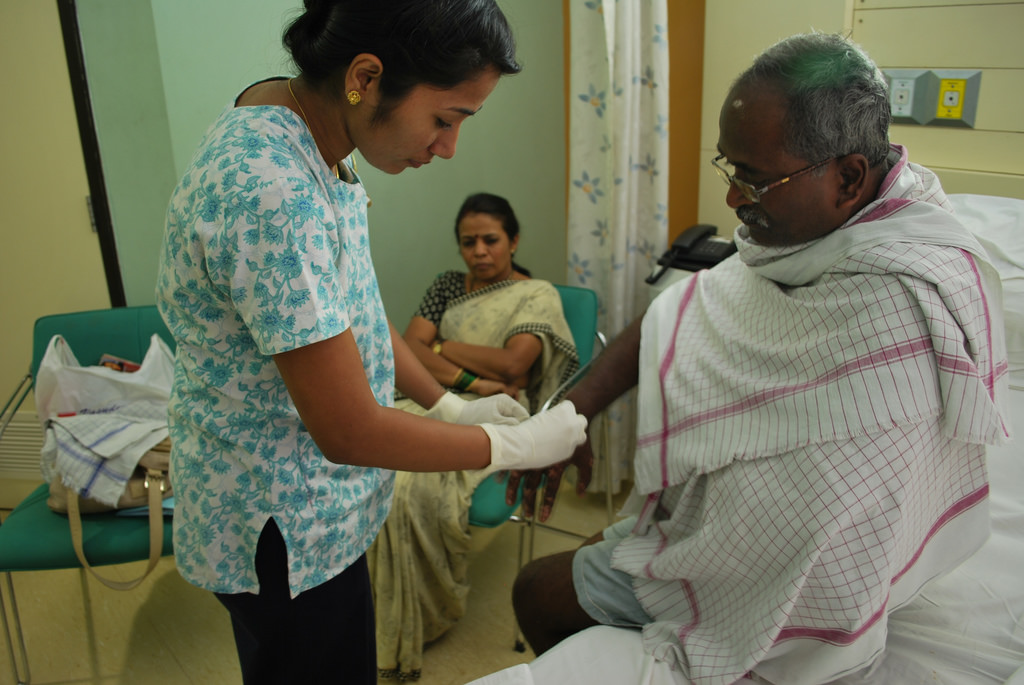IRDAI Revises Clause in Health Insurance Policies: How You Will Be Impacted
According to the new change, any disease that a policyholder gets diagnosed with within the first three months of taking a health insurance policy will no longer be considered as a pre-existing disease.

Here’s some good news for health insurance policyholders. The Insurance Regulatory and Development Authority of India (IRDAI) has amended the definition of pre-existing diseases (PED), which is likely to reduce the rate of claim rejection in health insurance. This announcement was made via a circular dated 10 February 2020.
Here’s a look at what this means for you, as a policyholder.
According to the new change, any disease that a policyholder gets diagnosed with within the first three months of taking a health insurance policy will no longer be considered as a PED.
What is a Pre-Existing Disease?
Insurance companies consider medical illness or injury that have occurred to the policyholder before they start a new health plan as a pre-existing condition.
PED could also be conditions that a policyholder was diagnosed with within three months of acquiring a health policy. Conditions like diabetes, cancer, anxiety, depression, lupus, sleep apnea are some examples that fall under pre-existing conditions.
These conditions tend to be long term or chronic in nature.
Join #ProjectDreamSchool, an initiative by The Better India to sponsor the education of 32 children studying in government, semi government-aided and private schools in Bengaluru. Join us in helping raise funds to support the education of these students.
Unable to view the above button? Click here
Salient Features:

1. According to a previous circular issued in September 2019, if the policyholder has certain illnesses that were diagnosed within three months of buying the health insurance policy, then that would be considered as pre-existing diseases.
However, now in the latest circular issued, no such conditions will be treated as pre-existing diseases even if diagnosed within three months, or later, after purchasing the health insurance.
2. The previous circular held that pre-existing condition would include any medical advice or treatment that was received from a physician within 48 months preceding the effective date of the policy. The new regulation clearly includes the words “48 months prior to the effective date of the policy or its reinstatement”.
This means that if the policy lapses and is reinstated; the clock on pre-existing diseases gets reset to the date of reinstatement, and not of the original issue date. This insertion is meant to clear the air in such cases, where there have been multiple disputes between the insurance firms and the insured.
For example: Raj takes a health insurance policy on 01 January 2016, and he has declared that he was diagnosed with diabetes in January 2013 in the policy form, then diabetes is considered as a PED in his policy. His coverage for diabetes will depend on the policy’s coverage conditions for pre-existing diseases.
Now according to the old regulation, if he fails to renew his policy in 2020, and does so in 01 January 2021, diabetes may still be considered a PED as it was within 4 years from the effective date of the original policy. But the new amendment, by inserting “or its re-instatement”, clarifies that diabetes will not be considered as a PED as it is beyond 4 years of the date of reinstatement, thereby covering the patient from any diabetes-related complications from the date of reinstatement.
In April 2019, the IRDAI issued a set of directions to ensure that health cover becomes more inclusive and does not discriminate based on gender or identity; the IRDAI had also said that health insurance companies cannot exclude mental illnesses from their packages.
Wit this step, IRDAI takes another step in the right direction.
Also Read: After Insurance Denies Maternity Claim, B’Luru Lady’s 5-Year Battle Leads to Crucial Verdict
(Edited by Saiqua Sultan)
Like this story? Or have something to share?
Write to us: [email protected]
Connect with us on Facebook and Twitter.
This story made me
-
97
-
121
-
89
-
167
Tell Us More
We bring stories straight from the heart of India, to inspire millions and create a wave of impact. Our positive movement is growing bigger everyday, and we would love for you to join it.
Please contribute whatever you can, every little penny helps our team in bringing you more stories that support dreams and spread hope.



















